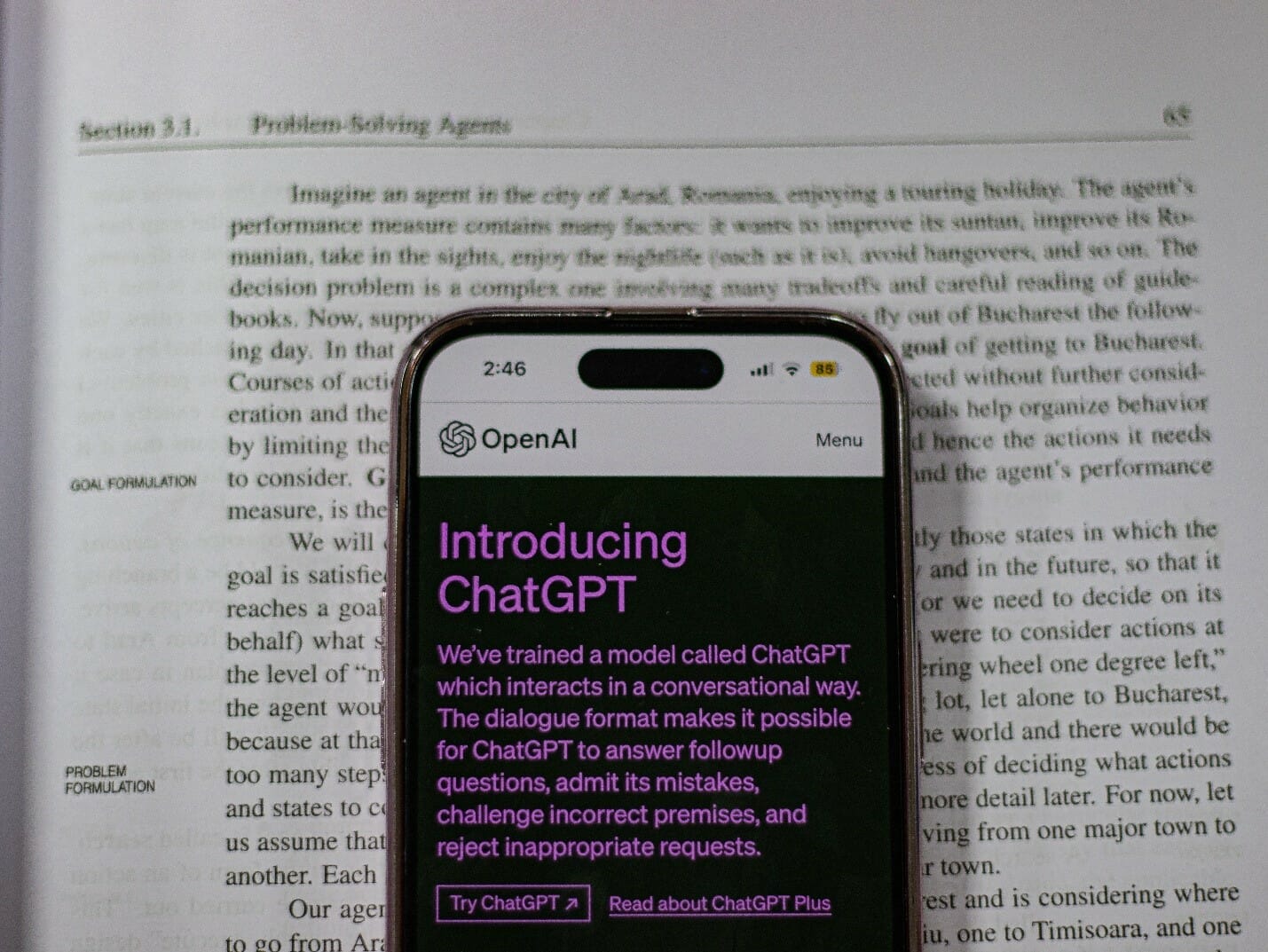ChatGPT has advanced far past a simple textual content generator. Generated text may be watermarked by secretly tagging a subset of phrases after which biasing the choice of a phrase to be a synonymous tagged phrase. For example, the tagged phrase "comprehend" can be utilized as an alternative of "understand." By periodically biasing phrase choice in this fashion, a body of textual content is watermarked primarily based on a specific distribution of tagged phrases. " ChatGPT will predict that the following word must be "learn," "predict" or "understand." Associated with every of these words is a probability corresponding to the chance of every phrase appearing subsequent within the sentence. This approach won’t work for short tweets but is generally efficient with textual content of 800 or extra phrases depending on the specific watermark particulars. The Coalition for Content Provenance and Authentication (C2PA), a collaborative effort to create a regular for authenticating media, not too long ago released an open specification to support this approach. Tackling the issue from the opposite end, a similar method could be adopted to authenticate unique audiovisual recordings at the purpose of capture. Although not relevant to textual content, audiovisual content can then be verified as human-generated.
 The combined signing and watermarking of human-generated and AI-generated content material won't forestall all types of abuse, but it'll provide some measure of protection. In the same method that society has been fighting a decadeslong battle towards different cyber threats like spam, malware and phishing, we must always prepare ourselves for an equally protracted battle to defend against numerous types of abuse perpetrated using generative AI. Anyone using the outputs elsewhere may very well be inadvertently plagiarising. For one thing, the generated outputs aren’t automatically copyrighted. Asking ChatGPT for coding help is unlikely to ensnare you within the ethics of AI racial and gender bias. ChatGPT may also help draft authorized documents and typical contracts, saving time for authorized groups. As society stares down the barrel of what is nearly certainly just the start of these advances in generative AI, there are cheap and technologically feasible interventions that can be utilized to assist mitigate these abuses. Advances in generative AI will quickly mean that pretend however visually convincing content material will proliferate on-line, leading to an even messier info ecosystem.
The combined signing and watermarking of human-generated and AI-generated content material won't forestall all types of abuse, but it'll provide some measure of protection. In the same method that society has been fighting a decadeslong battle towards different cyber threats like spam, malware and phishing, we must always prepare ourselves for an equally protracted battle to defend against numerous types of abuse perpetrated using generative AI. Anyone using the outputs elsewhere may very well be inadvertently plagiarising. For one thing, the generated outputs aren’t automatically copyrighted. Asking ChatGPT for coding help is unlikely to ensnare you within the ethics of AI racial and gender bias. ChatGPT may also help draft authorized documents and typical contracts, saving time for authorized groups. As society stares down the barrel of what is nearly certainly just the start of these advances in generative AI, there are cheap and technologically feasible interventions that can be utilized to assist mitigate these abuses. Advances in generative AI will quickly mean that pretend however visually convincing content material will proliferate on-line, leading to an even messier info ecosystem.
Alarmingly, OpenAI states it could share users’ private data with unspecified third parties, without informing them, to meet their business targets. It additionally collects details about users’ shopping activities over time and throughout websites. In keeping with the Top SEO company’s privateness coverage, it collects users’ IP tackle, browser kind and settings, and data on users’ interactions with the location - together with the type of content material users interact with, options they use and actions they take. Another privacy threat involves the info offered to ChatGPT in the form of person prompts. This implies they can be used to further practice the device, and be included in responses to different people’s prompts. As mentioned before, ChatGPT’s responses are based on patterns, meaning that the bot is searching for the best seo company match on your query in its database. ChatGPT’s new capabilities show that OpenAI is treating its synthetic intelligence models, which have been in the works for years now, as merchandise with common, iterative updates.
None of this may have been potential without knowledge - our knowledge - collected and used without our permission. Finally, OpenAI didn't pay for the information it scraped from the web. Moreover, the scraped knowledge ChatGPT was skilled on might be proprietary or copyrighted. This baked-in watermark is attractive as a result of it means that generative AI instruments can be open-sourced - because the image generator Stable Diffusion is - without considerations that a watermarking course of might be faraway from the image generator’s software. And as shoppers of a rising number of AI applied sciences, we needs to be extremely cautious about what data we share with such tools. In accordance with the memo reviewed by Bloomberg, Samsung also instructed workers using generative AI tools elsewhere "to not submit any company-related information or personal information" following the information leak, which could reveal its mental property. Also, OpenAI gives no procedures for people to examine whether or not the corporate shops their personal data, or to request or not it's deleted. Its potential advantages however, we must remember OpenAI is a personal, for-profit company whose pursuits and business imperatives don't necessarily align with greater societal needs. The exact cause is still underneath investigation by the company.
